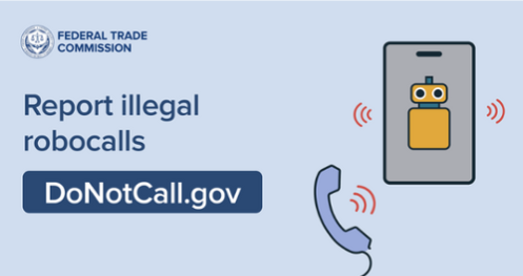
How are robocallers getting your phone number?
-
July 23, 2024
| -
By Senior Medicare Patrol
|
Does it ever feel like you’re getting more robocalls than calls from actual humans? Illegal robocalls aren’t just annoying — they’re also often scams. But you might be wondering — how did they get my number in the first place?
Sometimes robocalls are random. But sometimes, a company tries to trick you to get your information and sells it. That’s what the FTC says happened with lead generation company Response Tree LLC in a settlement announced in early January. People looking for a quote to refinance their mortgage gave the company their name and number. But instead of giving quotes, Response Tree took people’s information and sold it to telemarketers making illegal robocalls about things like fake auto warranties, solar panels, hearing aids, and Social Security disability services.
Here’s what to do to avoid and report robocalls and scams:
- Protect your personal information. Before you enter your personal information on a website, research it. Search the name of the site plus “complaint,” “review,” or “scam.”
- Read the fine print. Some websites might have small disclaimers that say if you click a link or check a box, you’re agreeing to having your information collected and sold to other companies.
- Know your rights. A robocall trying to sell you something is illegal unless the company has your written permission to call you that way.
- Report illegal robocalls. Reporting helps law enforcement and investigators stop illegal robocalls. Report them at DoNotCall.gov.
For more advice on how to stop unwanted calls, check out about ftc.gov/calls. Also, learn about Operation Stop Scam Calls, the FTC’s latest joint effort with federal and state law enforcement partners in the fight against robocalls.
